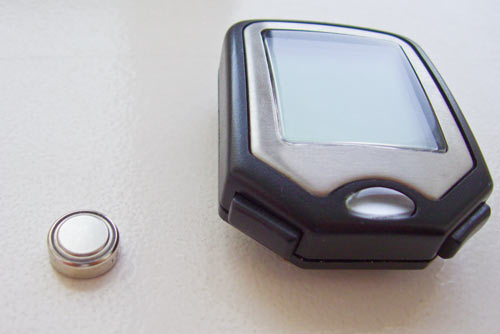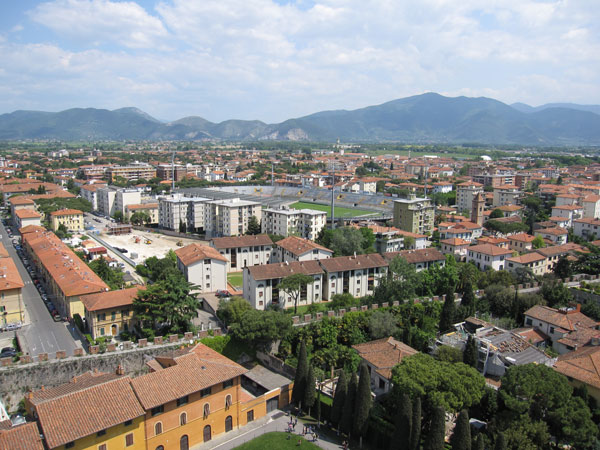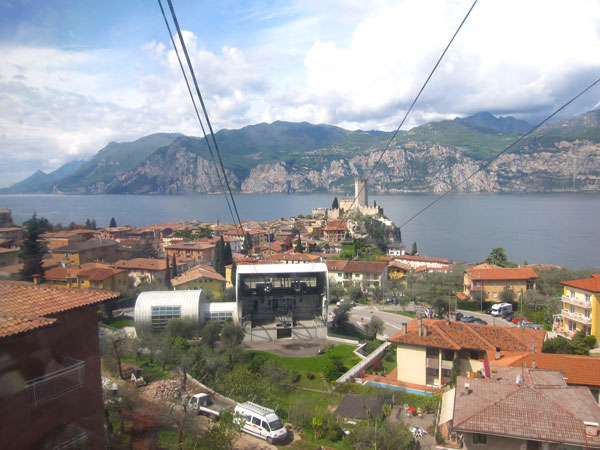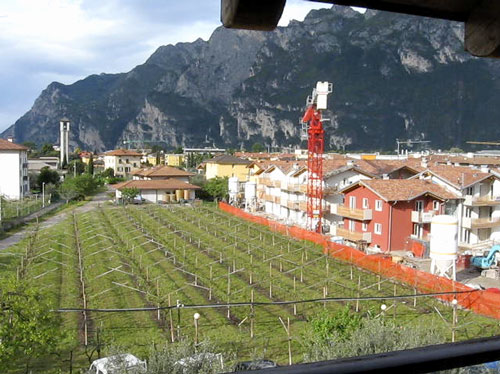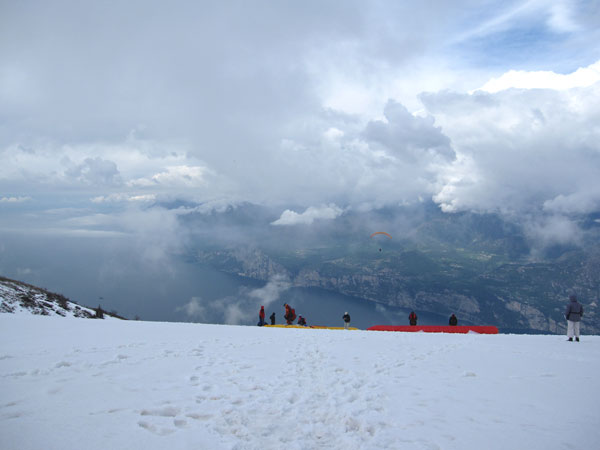Skype refused to launch today – failed with Disk I/O error. Had to delete the whole ~/Library/Library/Application Support/Skype/ folder to return it back to life.
But, on re-launch, Skype started to eat 20% of CPU – probably generating all caches/downloading avatars/… we just deleted. Hey, let’s find out what the Skype is actually accessing on a hard disk. How hard can it be to monitor that?
Open the terminal and type in a command:
sudo fs_usage -f filesys | grep -i skype | grep stat
